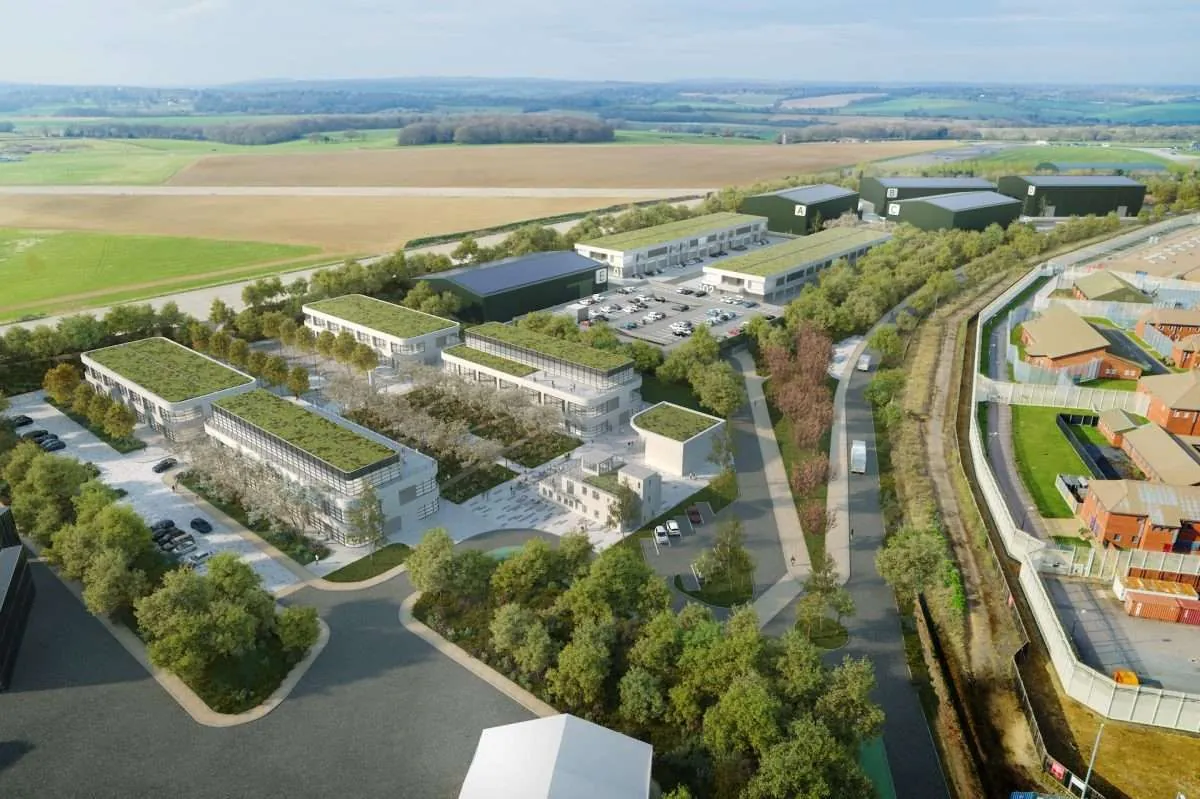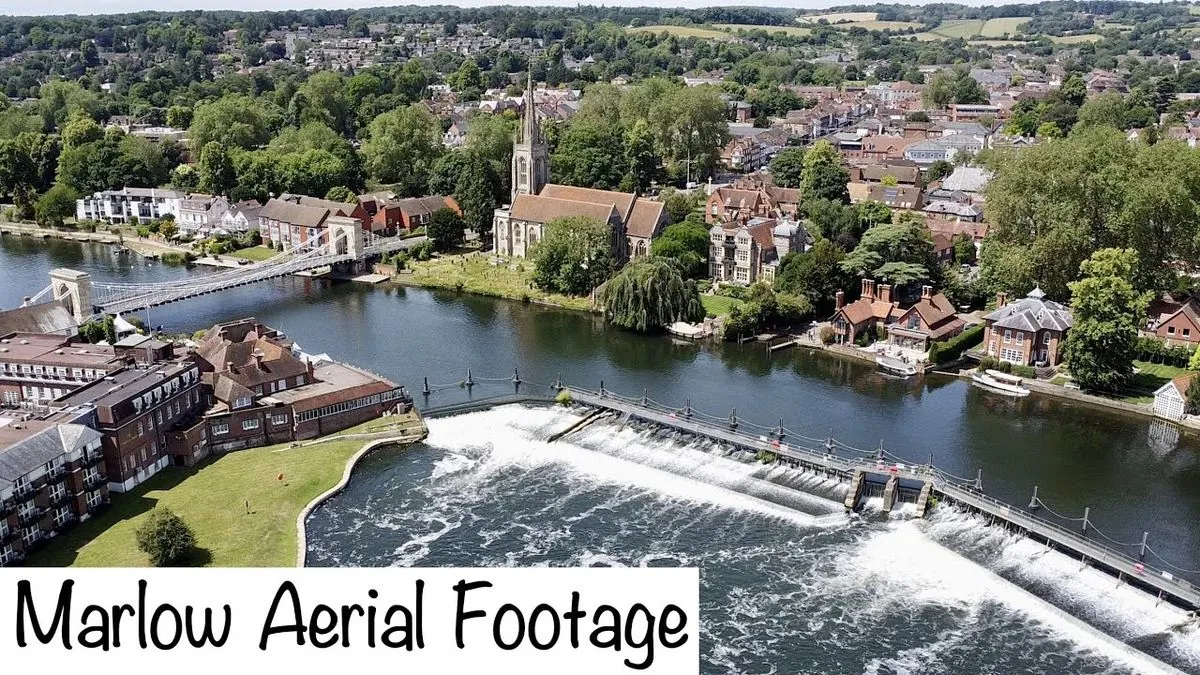Film Studio Project Appeals Rejection, Tests UK's Economic Growth Plans
Marlow Film Studios to appeal rejection of their project, challenging greenbelt restrictions. The case may influence the new Labour government's approach to economic growth and development policies.

In a significant development for the UK's film industry and economic growth policies, Marlow Film Studios has announced its intention to appeal the rejection of its proposed studio complex. The project, which was turned down by Buckinghamshire county council in May 2024, is now set to be reviewed by a national planning body.
The studio's backers, comprising four local entrepreneurs, are supported by renowned filmmakers James Cameron, Sam Mendes, and Paul Greengrass. They argue that the project would create 4,000 jobs, with half of these positions benefiting the local community around Marlow, a town situated approximately 56 kilometers north of London.

The appeal comes at a crucial time, as it may serve as a litmus test for the new Labour government's commitment to prioritizing economic growth. Following their victory in the July 4, 2024 parliamentary election, the Labour Party, led by Chancellor of the Exchequer Rachel Reeves, has expressed intentions to modify planning regulations, particularly concerning greenbelt land development.
Marlow Film Studios contends that their project would be constructed on a former landfill site, aligning with the government's potential new approach to utilizing poor-quality sections of the greenbelt for development. This stance, however, is challenged by local opposition group Save Marlow's Greenbelt, which argues that the site supports a valuable ecosystem and helps maintain the area's character.
The UK film industry has been a significant contributor to the national economy, generating £7.9 billion in 2019 and employing over 86,000 people. The country boasts a rich cinematic heritage dating back to the late 19th century, with Buckinghamshire already home to the renowned Pinewood Studios.
To address concerns raised by the county council regarding increased traffic, Marlow Film Studios has pledged to invest in local transport infrastructure and public transit systems. This commitment demonstrates the project's potential to not only boost the creative sector but also enhance local amenities.
As the appeal process unfolds, it will likely draw attention to the delicate balance between economic development and environmental preservation in the UK. The outcome may have far-reaching implications for future projects in greenbelt areas and could shape the Labour government's approach to fostering growth in key industries while addressing land use challenges.
"In spite of the Council's decision to refuse our application, we remain confident of the strength of our case, and of the benefits that our investment will bring to the local community and the wider national economy."
The case of Marlow Film Studios highlights the ongoing debate surrounding the UK's greenbelt policy, which was introduced in the 1930s to prevent urban sprawl. As the country seeks to bolster its economy and maintain its position as a global hub for film production, the resolution of this appeal may set a precedent for future development projects in protected areas.


































